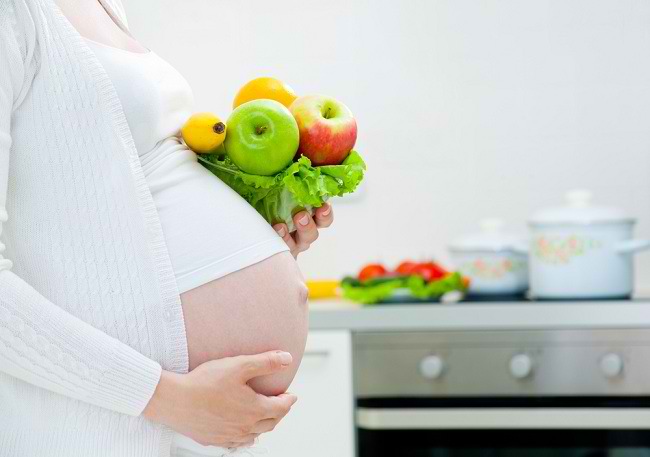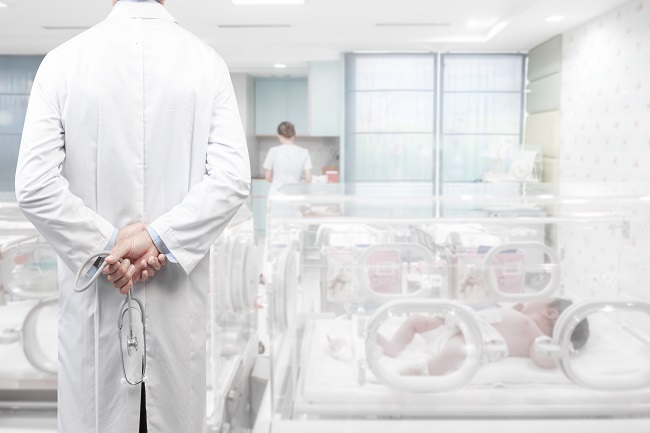The presence of children is certainly eagerly awaited by married couples. However, some couples have not been blessed with offspring even though they have waited for years. Why does this happen?
Difficult to have children can be caused by a variety of things, ranging from fertility problems, both for you and your partner, to a combination of health problems in both of you. To be clear, here are five factors that can make it difficult for you to have children.

1. High stress levels
The body knows that stress is not a good condition for fetal growth. This is evidenced by the disruption of the release of eggs by the ovaries (ovaries) when cortisol levels (stress hormone) increase.
That is why, the higher the stress level and the longer the stress lasts, the lower the chances of getting pregnant.
In addition, when under stress, women are also less likely to want to have sex, and consume more caffeine or alcohol, and lead an unhealthy lifestyle. These things will also reduce the chances of getting pregnant.
2. Unhealthy lifestyle
Unhealthy lifestyles, such as smoking, staying up late, and frequently consuming alcoholic beverages, can cause fertility problems. In men, smoking and frequent drinking of alcoholic beverages can reduce sperm production and trigger erectile dysfunction.
While in women, smoking can increase the risk of miscarriage and accelerate menopause, while the consumption of alcoholic beverages can trigger defects in the fetus.
3. Overweight or underweight
Being overweight or underweight can get in the way of your dreams of having children. In women, being overweight can interfere with the menstrual cycle and the release of eggs (ovulation), and can even cause amenorrhea. Whereas in men, this condition can reduce the number and quality of sperm produced.
Being underweight is also not a good thing, because this condition can interfere with the ovulation process. Women who are too thin are considered to take longer to get pregnant, which is more than 1 year.
To find out whether your weight is normal or not, you can check your BMI or body mass index. Your weight is considered normal if your BMI is in the range of 18.5-24.9.
4. Mature age
For women, the opportunity to have children can decrease when trying to get pregnant at the age of 35 years and over. At that age, fertility rates begin to decrease gradually. The decline is even quite drastic when it reaches the age of 37 years.
While in men, fertility rates begin to decline at the age of 40 years. Men at this age are also more likely to have children with certain disorders, such as cancer.
5. Certain health disorders
A number of health disorders in the reproductive organs can affect a person's chances of having children. In women, the most common disorders are PCOS, endometriosis, uterine abnormalities, and blocked fallopian tubes.
Meanwhile in men, health problems that can interfere with fertility are more diverse, ranging from disorders of the reproductive organs, such as premature ejaculation, varicocele, and sexually transmitted diseases; to common disorders, such as diabetes and mumps (mumps).
Now, Once you know the various things that can make it difficult for you to have children, try to avoid them by adopting a healthy lifestyle.
If you have health problems as mentioned above, immediately consult a doctor so that they can be treated immediately.
Remember, difficult to have children does not mean can not have children forever. Proper medical care can increase your chances of becoming a parent. So, don't be sad and despair. Consult a doctor, and undergo a pregnancy program if it is recommended.









